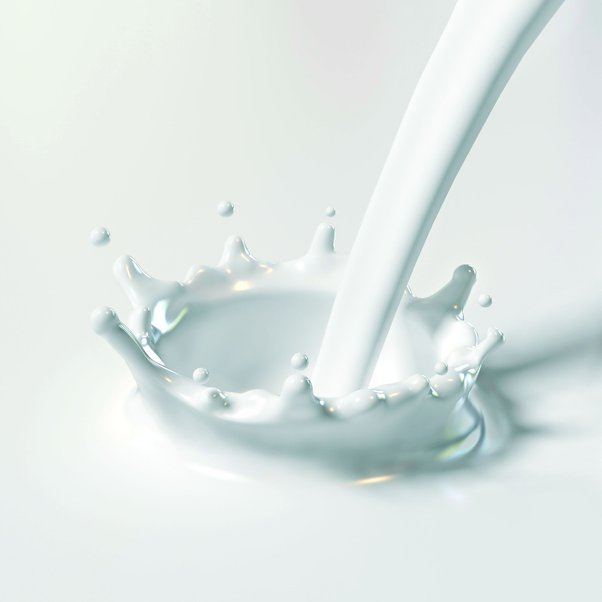Nano particle modified water-based acrylic pressure sensitive adhesive
In recent years, with the rapid development of the preparation of inorganic nanoparticles and surface modification technology, introducing inorganic nanoparticles into acrylate emulsion is one of the effective ways to modify acrylate PSA. Nanoparticle modification can significantly improve the cohesion of emulsion. In addition, due to the size effect and interface effect of nanoparticles, it will be introduced into the acrylate PSA system, can effectively improve the rheological properties of emulsion, reduce the strength of capillary action, and reduce the thickness of the adhesive layer and the amount of glue without reducing PSA adhesion, so as to effectively improve the PSA coating rate, reduce the production cost of PSA called. The commonly used modified nanomaterials mainly include nano-sio2, nano-TO2, nano-caco3, nano-zno, and nano-Fe2O3.

Features of nano particle modification of water-based acrylic PSA
After nano particle modification of water-based acrylate PSA, its heat resistance, adhesion, adhesion, and coating properties have been improved or increased, because of the small particle size of the nanoparticles. The specific surface area is large, so agglomeration is easy to occur (making the particle size larger). Therefore, the use rate of nanoparticles and the stability of the emulsion can be improved effectively by adding an appropriate crosslinking agent or dispersant when nanoparticles are modified.

Leave a Reply
Want to join the discussion?Feel free to contribute!